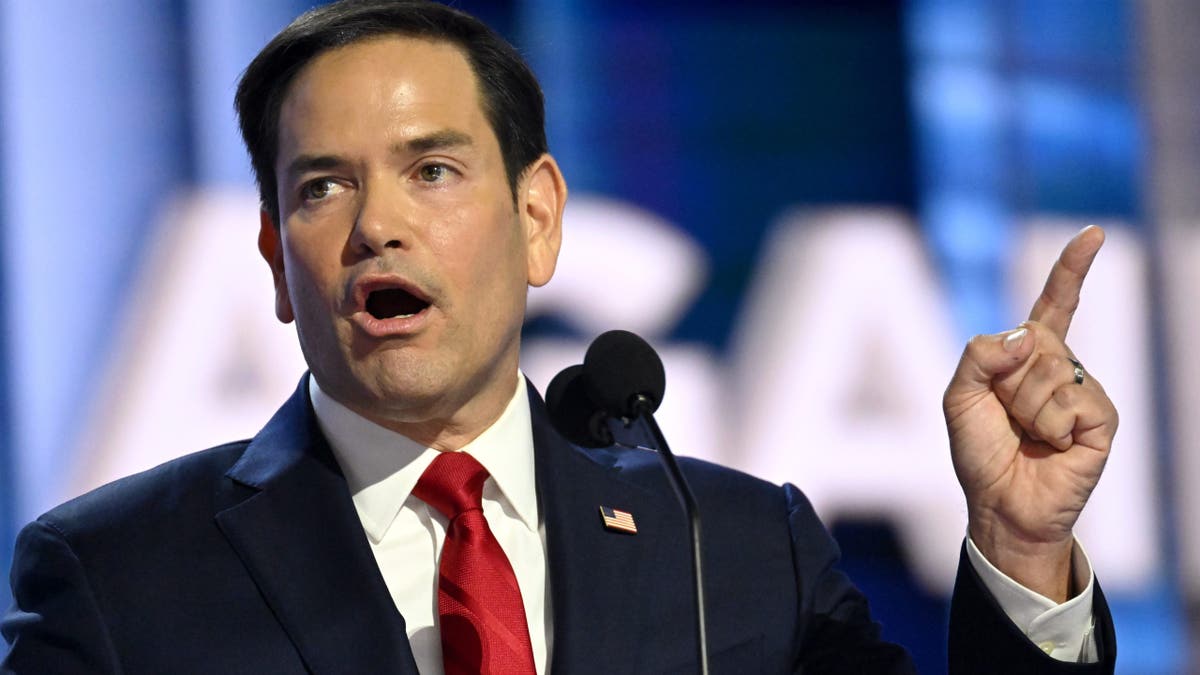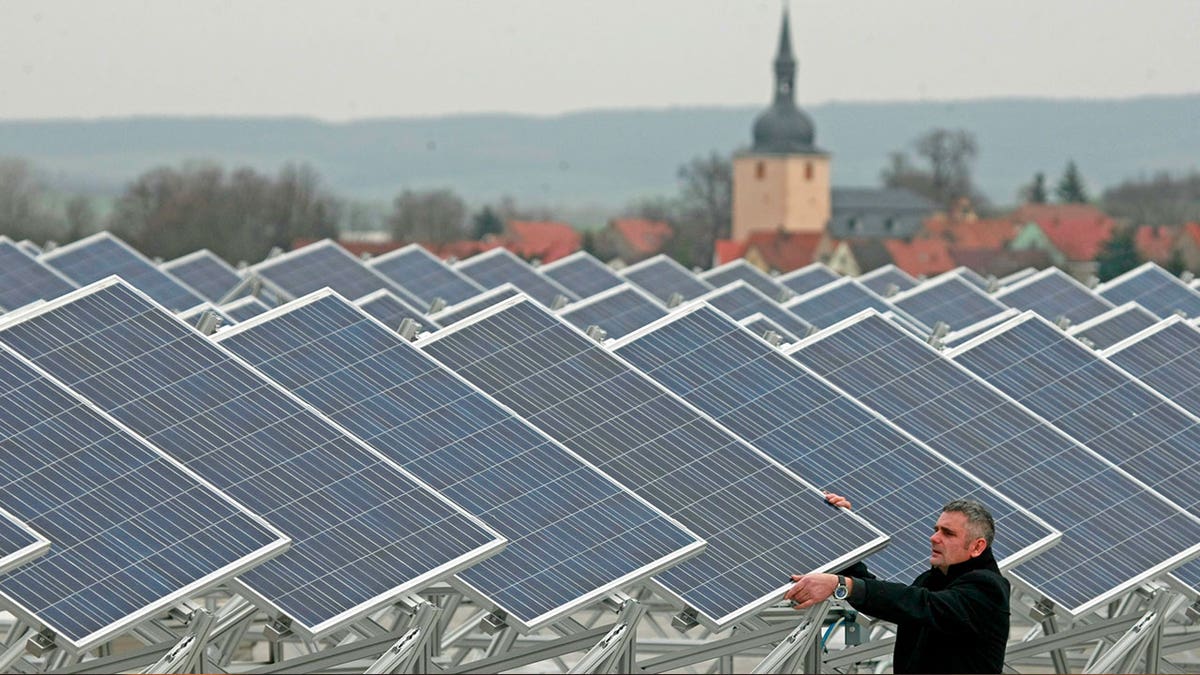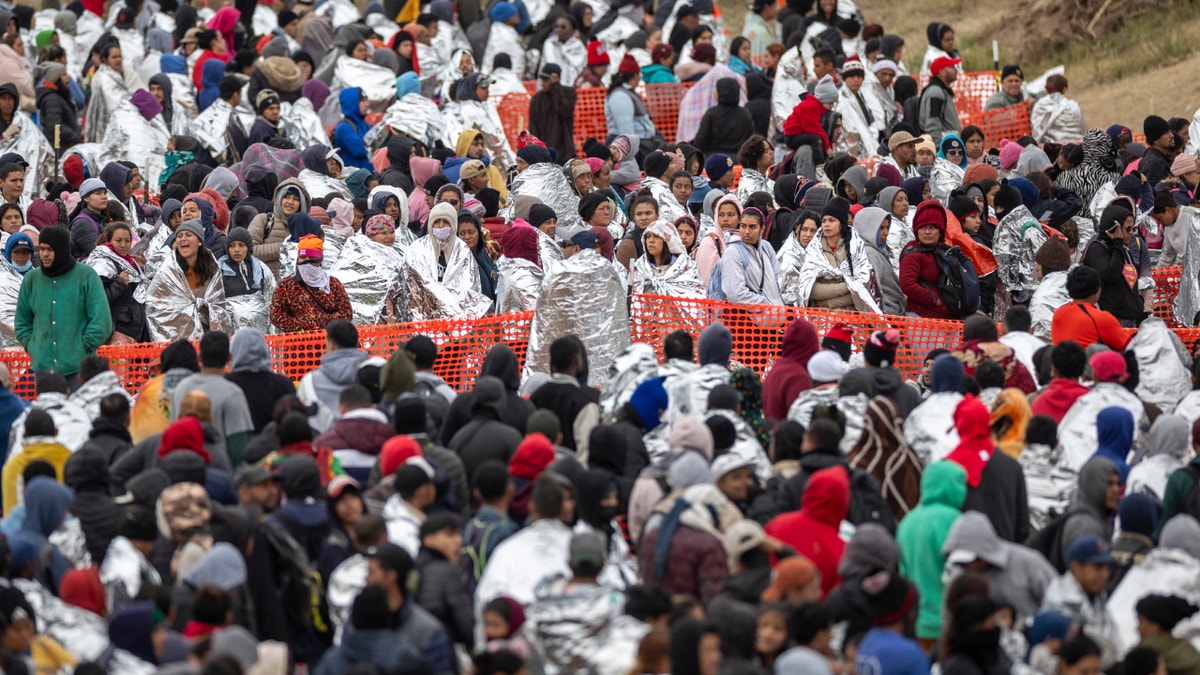Tensions between the US and China have escalated following the Taiwanese president's stopover in Hawaii and Guam during a South Pacific trip, coupled with a recent US arms sale to Taiwan. China's foreign ministry strongly condemned both actions, reiterating its claim over Taiwan and objecting to any recognition of its democratically elected government. The approved arms deal, which includes spare parts for F-16 fighter jets and radar components, was deemed a "wrong signal" by Chinese officials, further straining the delicate balance in the Indo-Pacific region.
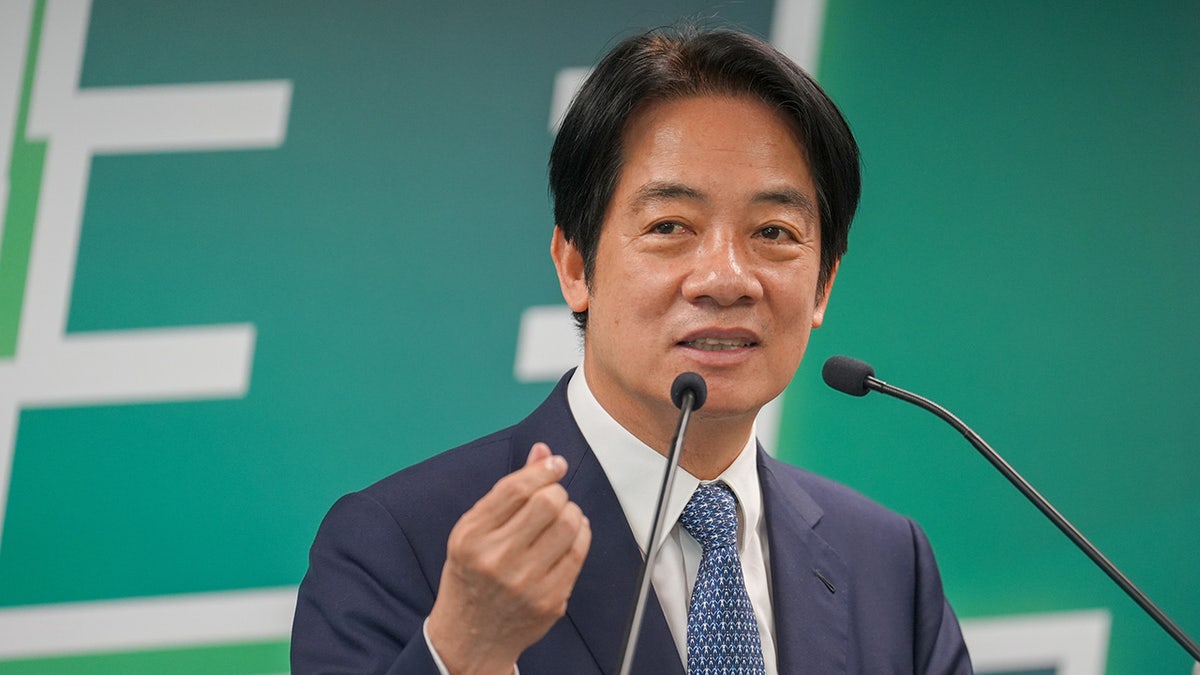
This incident follows a pattern of escalating tensions surrounding Taiwan. The US has consistently demonstrated its support for Taiwan through military agreements, strategic operations, and diplomatic engagements. High-profile visits by US officials, such as former House Speaker Nancy Pelosi, have triggered strong reactions from Beijing, including military exercises near Taiwan. Similar drills followed a meeting between then-Taiwanese President Tsai Ing-wen and former House Speaker Kevin McCarthy in California.
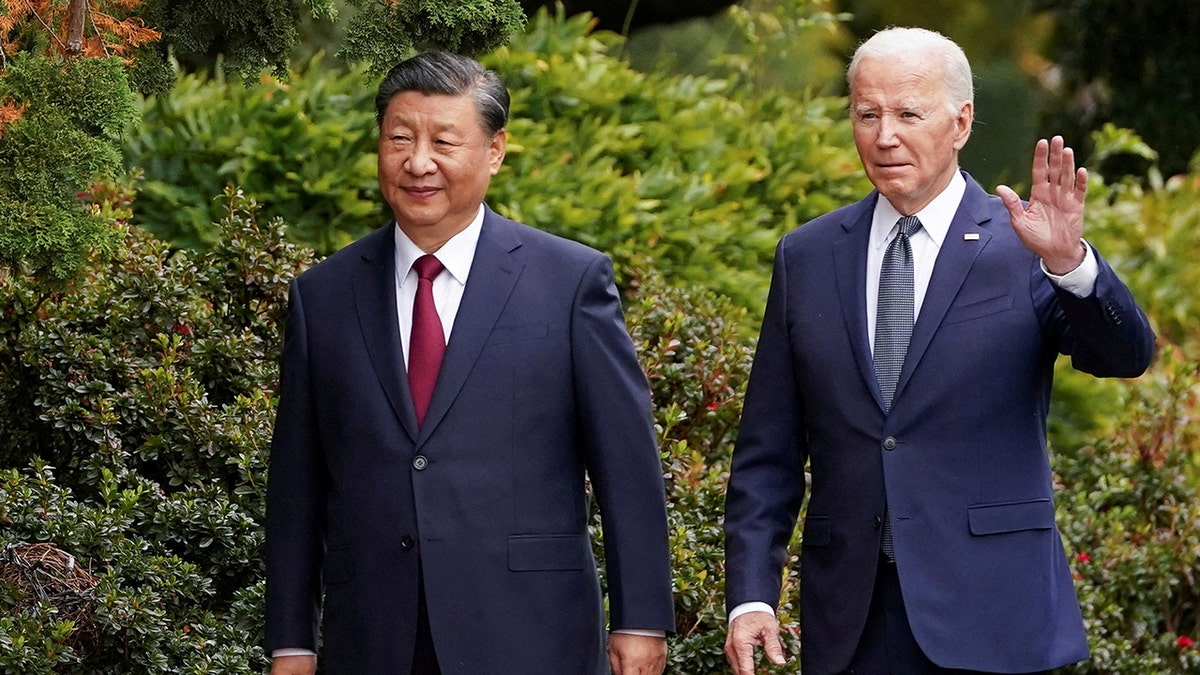
The incoming US administration has indicated its intention to maintain a strong relationship with Taiwan. Key appointees, considered by many as "China hawks," suggest a firm stance towards Beijing. The nomination of Senator Marco Rubio for Secretary of State, a prominent advocate for tougher policies on China, underscores this direction. Rubio has publicly expressed his commitment to supporting Taiwan and advocating for increased Taiwanese defense spending, a perspective shared by many security experts.
